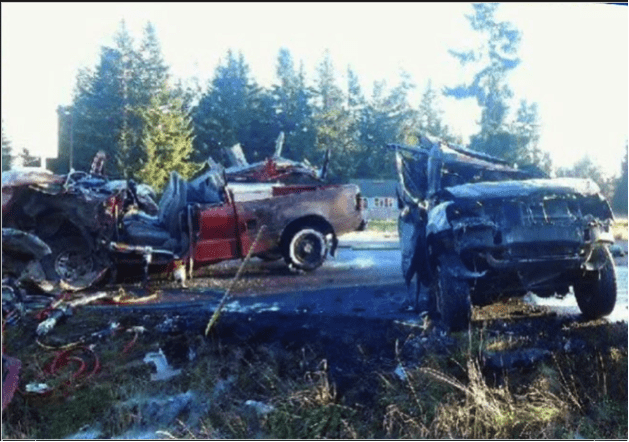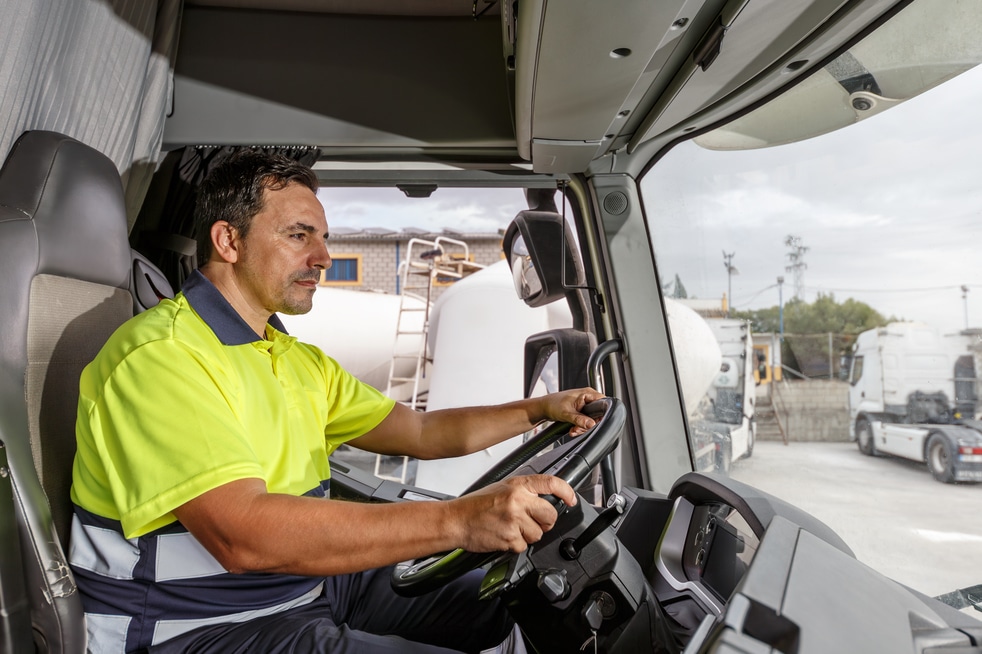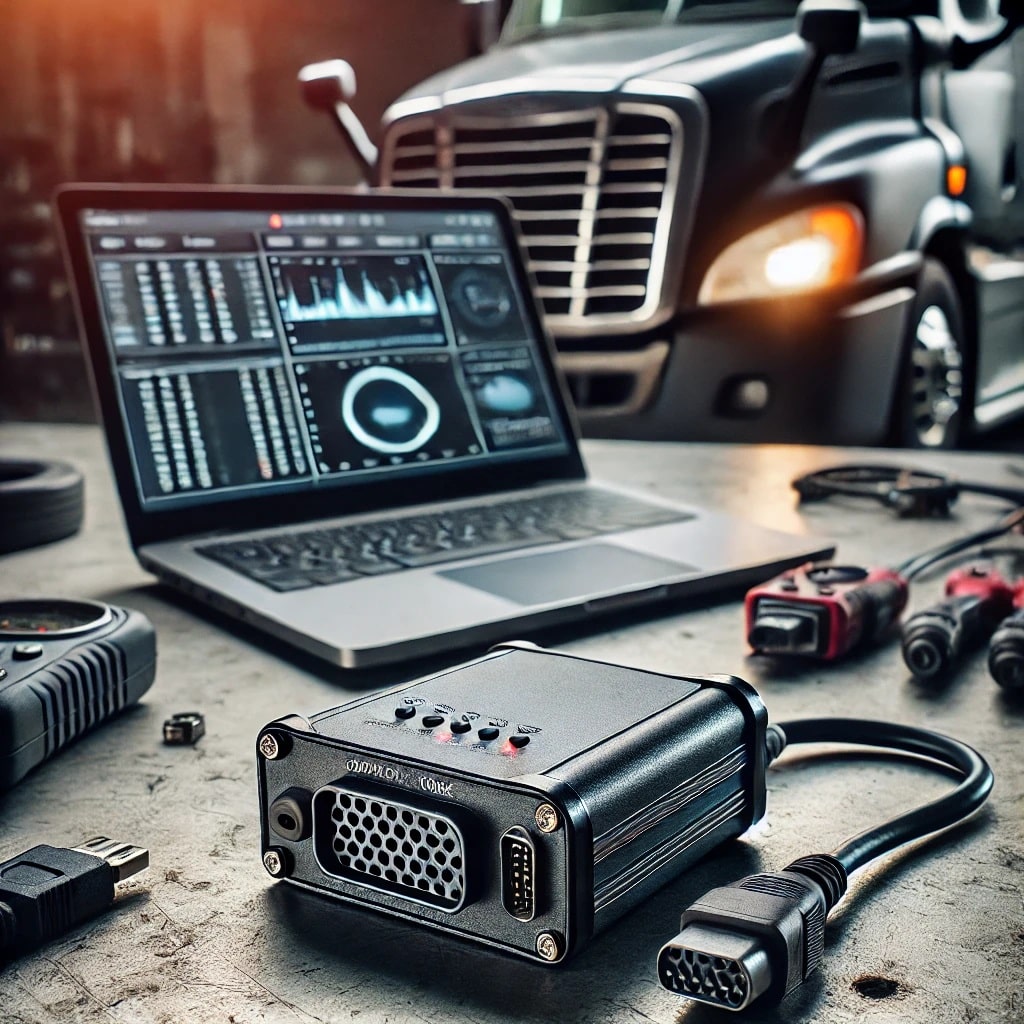What is FCAM?
We throw around a lot of trucking safety terms. The talk can get very technical. For example:
NHTSA identifies forward collision avoidance and mitigation technology (FCAM) technologies as the systems that combine forward collision warning alert signals with collision mitigation braking.
There’s a much easier explanation.
1) Radar detects a pending crash; and
2) Automatic braking prevent it.
Why is FCAM important?
It was a clear, sunny day. The truck driver was gazing out the window at a pleasant view when he slammed into the back of a Jeep.
The Jeep flew forward, into oncoming traffic. It collided head-on with a pickup truck, then burst into flames.
I believe that FCAM technology could have prevented this devastating crash.

In fact, it could prevent thousands of crashes like this one.
National Highway Transportation Safety Administration estimates that current FCAM systems could prevent more than 2,500 crashes each year.
And in the not-so-distant future, more advanced systems could stop at least 6,300 crashes annually.
The government’s data is backed up by in a 2009 large truck crash causation study. Researchers estimated that FCAM systems could eliminate nearly 25% of large truck crashes. Some estimate that it’s closer to 40% of crashes.
Why don’t all big trucks have FCAM?
This is a good question for a trucking carrier.
Are trucking carriers familiar with the technology?
Do they understand how it detects stopped cars ahead, and applies brakes to stop the truck?
Do they think that $2500 per truck is too high of a cost to pay for the life-saving benefits of FCAM?
For years, road safety advocates have urged NHTSA to require FCAM technology on all large commercial vehicles.
John Lannen, the executive director of the Truck Safety Coalition, explained in a letter to NHTSA:
“In work zone areas and when traffic is significantly slowed or at a complete stop, cars are particularly vulnerable to being rear ended by large trucks,”
“Trucks are overrepresented in fatal highway crashes, and they are even more so in fatal work zone crashes. This is why it is imperative that F-CAM technology is required safety equipment in large trucks.”
We know FCAM could prevent thousands of devastating truck crashes.
We don’t know why trucking companies aren’t all using it.
This incredible video shows what happened when a semi-truck rolled over on a Portland highway
Read More: Log Truck Accidents






7 Responses
CAN THIS FCAM SYSTEM BE INSTALLED ON OLDER TRUCKSOR IS IT OEM ON NEW TRUKS ONLY?
FCAM is now part of a standard safety package on many new heavy trucks. I believe that the existing after-market forward collision mitigation systems are able to issue warnings, but not able to apply automatic braking.
Good work! Your post is an excellent.. Thanks
I need a installer FCAM in my fleet in New Jersey.
Or you could allow the driver to operate their vehicle in a safe manner paying attention to stopped or slowed traffic.
But given the caliber of many drivers today I believe the future is lending itself to taking the driver’s decision making out of the big picture.
I have driven trucks with this technology and yes while it does prevent near rear end accidents, it also puts the driver’s life in danger during the icy winter months. There have been documented accidents because of this technology. Your brakes engage on ice and you’re jack-knifed my friend
What all is required to get an FCAM system on a truck installed?